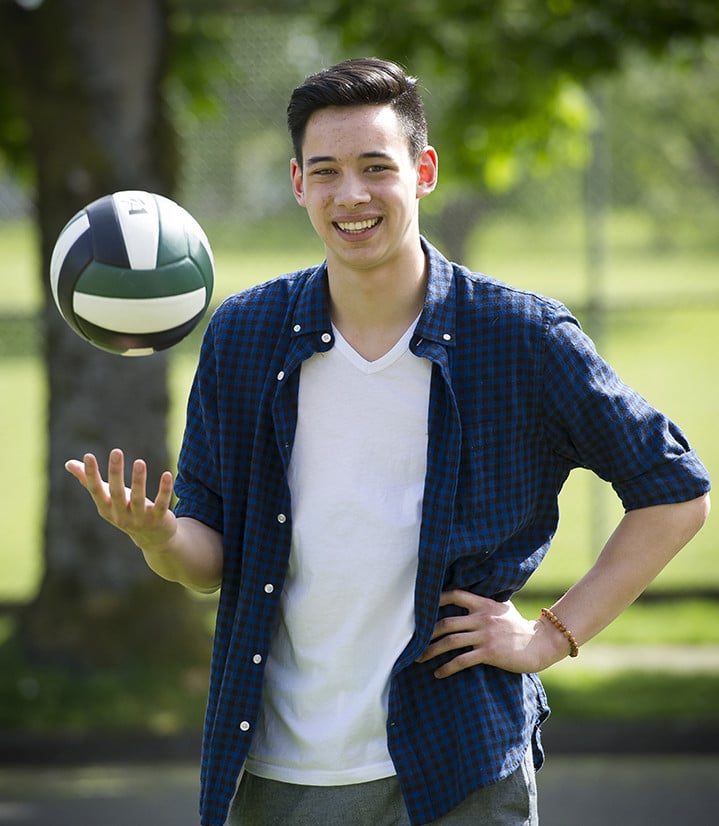2016 Recipients
Medical
Tom Teranishi
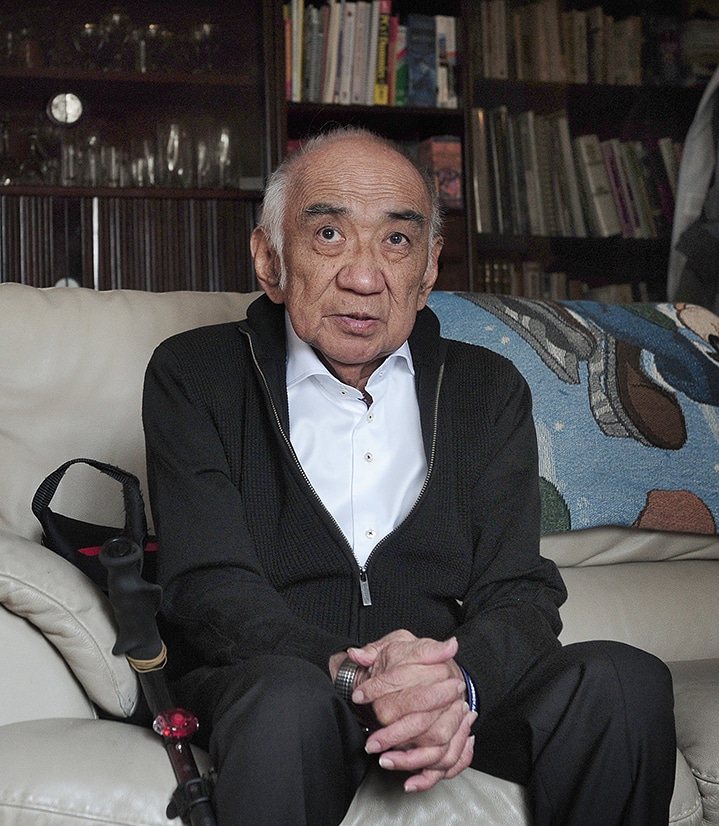
Tom was born in 1942 at a wartime internment camp for Japanese-Canadians. He had significant vision issues from birth, which later developed into retinopathy and macular degeneration, undergoing bilateral cataract and corneal transplant surgeries. Today he has about five per cent functional vision with light sensitivity.
There were early signs in his mid-teens and he began suffering from poor renal function by 1978 and was put under the care of a kidney specialist. In 1983 he was put on hemo-dialysis and in 1984 he was fortunate enough to receive a kidney transplant, which served him well for 30 years. Three years ago his kidney functions were decreasing so he was back on hemo-dialysis by 2014 followed by a second transplant in 2015.
None of this stopped Tom from getting an education and pursuing a career. He received B.A. and Masters of Social Work degrees from UBC and began full-time work at Shaughnessy Hospital in 1968, helping war veterans and others needing rehabilitation and support. When the hospital closed in 1993, Tom transferred to VGH, where he worked in the physical rehab unit and continued teaching and supervising social work students and future doctors.
His deteriorating eyesight and other health issues forced Tom to retire from hospital work in 2004 and from his activity as a private practitioner in 2013, but none of that has prevented him from aiding a rich diversity of community organizations as a volunteer. It’s a long list starting with Kits Neighbourhood House in his university days, then later goes on to include the Kinsmen Society, Lions Society, Nikkei Seniors Health Care and Housing Society, Metro Vancouver Cross-Cultural Seniors Network, and the Association for the Equality of Blind Canadians.
He has travelled widely, been a curler, bowler, hiker and cross-country skier. As his friends say of Tom, admiringly, there’s not much he won’t try.
Media
social adversity
Meredith Graham
Meredith’s childhood was influenced by her parents’ experiences of poverty, food scarcity, violence, periods of mental illness, and substance use. Meredith – from age eight on – was forced into the role of parent.
She was diagnosed with depression and Obsessive-Compulsive Disorder at 13, bi-polar disorder at 18 and borderline personality disorder at 26. She ran away from home as a teen, couch-surfing with friends. In high school she used coping strategies that further put her health at risk, such as disordered eating.
At the point where she could have given up, or worse, Meredith was embraced by people who cared: teachers and vice-principals at Princess Margaret Secondary School in Surrey. At 15, she now had a safe place to live with no more three-hour daily bus rides. She had medications, individual and group counselling, with support from psychologists, social workers, and, later, group home workers, women from her church, and landlords.
Overcoming setbacks, she graduated from high school (and sang the national anthem at the convocation), completed the Performing Arts program at Capilano University, graduated with a diploma in Child and Youth Care Counselling from Douglas College and is now a student in the Bachelor of Child and Youth Care program.
She is a youth and family development worker at St. Leonard’s Youth and Family Services in Burnaby, and has also made significant volunteer contributions in the community. She initiated Peer Health Educators at Douglas College to teach students about improving mental health and was active in the Douglas College Miles for Mental Health Run/Walk, has contributed training materials for the education of social workers and serves on two volunteer boards for the Vancouver Foundation. She’s open about her history, giving interviews, speeches, and sharing her poetry to focus attention on the issues illustrated by her own life and the need for resources to help others.
Media
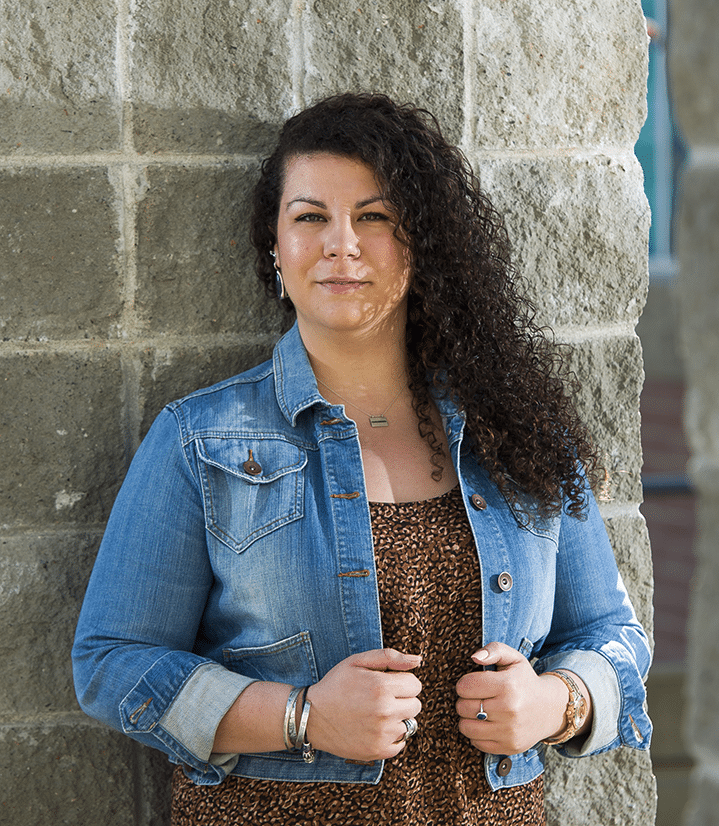
addiction
Jemal Damtawe
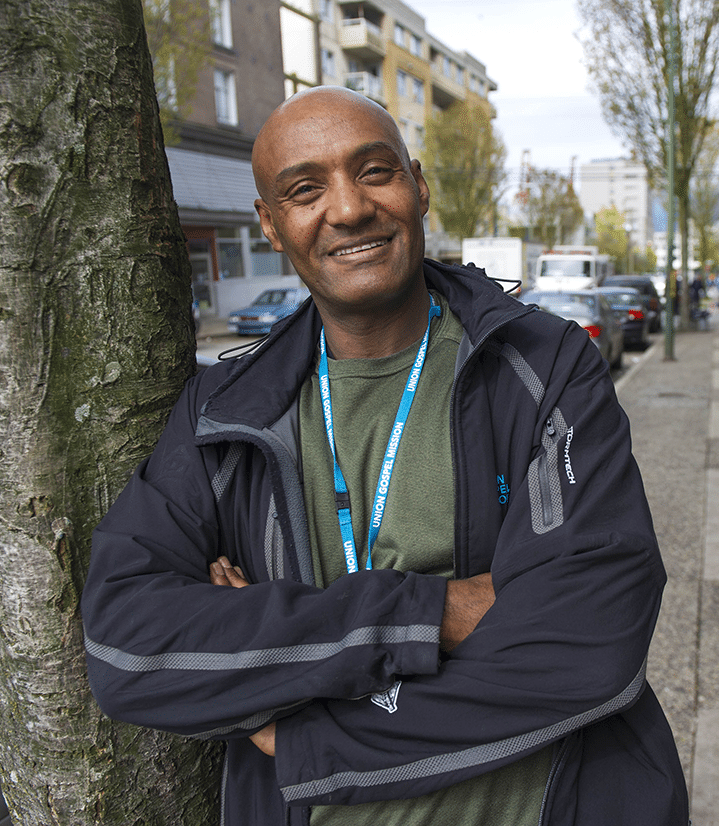
At age 15 in war-torn Ethiopia, he became a child soldier – at the point of a gun. His first escape, stowed away on a cargo ship, left him swimming for his life with other boys, two of whom drowned. In 1986, still a teenager, he tried again, reaching Canada in 1989, getting asylum, starting a restaurant in Montreal, getting married, having a daughter.
But he couldn’t shake his trauma, undiagnosed PTSD. He self-medicated with drugs and alcohol, left his family, moved to Portland, OR, joined a gang and became a drug dealer.
The threat of death led him back to Canada – Vancouver – in 2005. The overdose death of a friend led him to Union Gospel Mission. Sheer will, recovery programs and the caring support of others led him to quit drugs and get sober. He confronted his childhood trauma and vowed to help others kick the habit as he had. He became Reverend Jemal in June 2011.
On Christmas Day, 2015 Jemal Damtawe celebrated 10 years of sobriety. He began working as a volunteer swamper at the UGM Thrift Store and is now a full-time Outreach Worker and Preacher at UGM. He rescues those struggling with addiction and homelessness in the Downtown East Side. He is mentor to dozens of men who have walked on the road away from addiction and back toward self-respect.
Jemal has married again, has a three year-old son, and has joyfully reconnected with his 23-year old daughter.
Media
PHYSICAL REHABILITATION
Christy Campbell
Christy had it all: active healthy life; loving partner, rewarding career, happy home, and great friends. Then, in December, 2005, at the age of 31, she was devastated by a stroke. Unable to walk or talk or read, Christy’s vocabulary was wiped out. She could not ask for help, type an email or say her own name. She lost every word but one and learned a new word “aphasia.” Aphasia is a communication disorder best described as being dropped into an alien land where you can’t speak the language and don’t understand a single letter of the alphabet.
Give up? Not a chance. The one word she had was “yes.” Christy was alive and with the support of her husband and many friends and family took her life in an unexpected direction. At the time of her stroke, beyond short-term therapy BC’s medical system had very limited resources for people Christy age with her conditions, this despite the fact that new aphasia cases arise in Canada at about the same rate as cases of breast cancer.
Courageously, Christy decided that she would improve the resources available to brain injury survivors in BC. Six months after her stroke she could say 12 words. Intellect intact, she spent countless hours learning to dress and write with her left hand, learning to walk, learning to drive and learning to read again. She’d lost her career but not her will to contribute; she wants people with aphasia to have the treatment, resources and support they need.
In the years since her stroke, her vocabulary and confidence grew and she continues to overcome the isolation aphasia imposes. Christy inspired and co-founded the annual Sea-to-Sky Aphasia Camp, now entering its seventh year. She established UBC’s Campbell-Purves Aphasia Education Fund and offers her time and energy as a volunteer to Providence Health Care, Columbia Speech and Language Services, the Stroke Recovery Association of BC and other organizations far and wide. She’s now a mother of an active four-year old who loves listening to her read bedtime stories.
Media
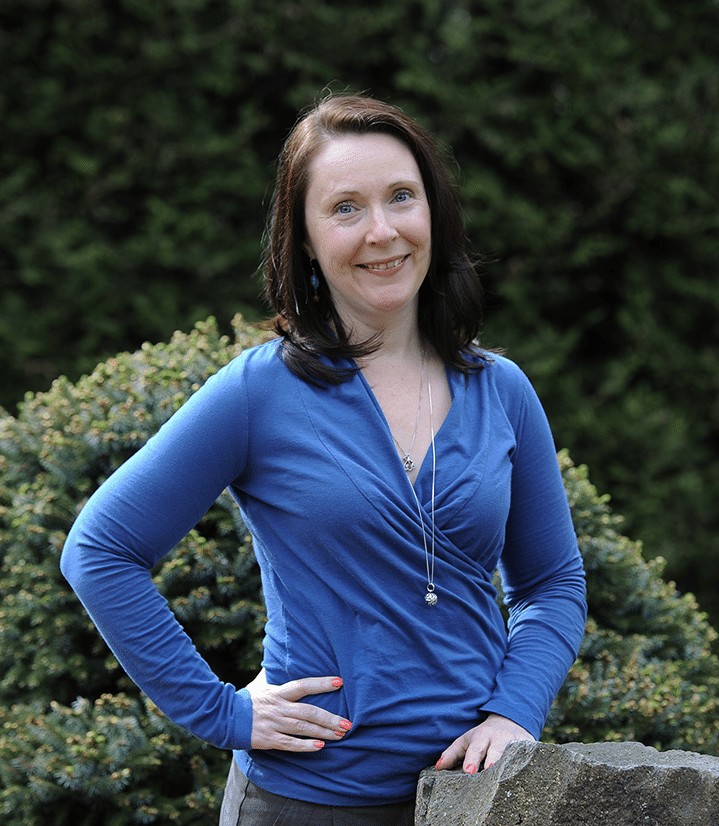
mental health
Dr. Barbara Harris
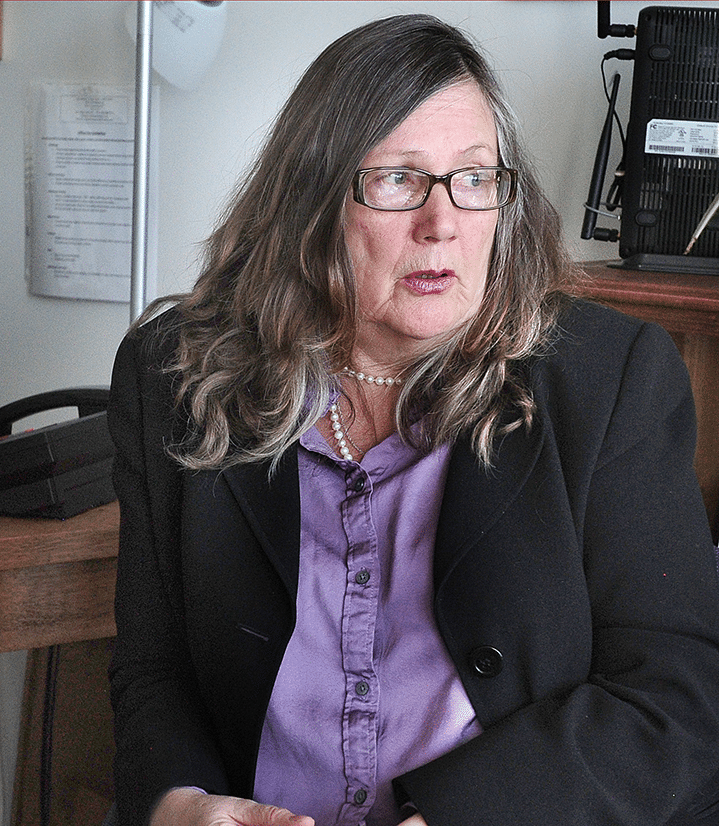
Her father, a residential school survivor, left her home months before Barbara was born. Also, at just under two years old, her sister died in a tragic accident, and she was separated from her family for a few months, until her mother was able to care for her and her brother again. During her early school years she was bullied, and she was also threatened and sexually abused for 4 years. At age 13, she ran away from home, to Vancouver, where she just tried to survive. Two years later she was lured to the United States where the attempt was made to force her into the sex trade, although she managed to get a job as a stripper. She was beaten daily except when she got paid, but after about five weeks, another stripper helped her to escape, and she returned to Vancouver.
Back in Vancouver and completely traumatized, she became deeply depressed and suicidal, and got into heroin which provided relief from the PTSD. After a year, she found herself on the floor of a condemned house, praying to die. But she lived, quitting cold turkey, though continuing to dull her trauma with alcohol, working in the entertainment business until age 28.
Back pain ended her career as a dancer; and things went down hill again; now she got into cocaine. “Again, I wanted to die,” she remembers; “I just didn’t have the nerve to kill myself.” Instead, she attended her first 12-step meeting in January, 1986. Within a week, no more liquor or drugs: she’s been clean and sober ever since.
She battled serious mental illness for the first 10 years of her sobriety but she refused to take medications. After nine years sober and with only grade 8 education, she finally mustered up the courage to return to school, first to Langara College, where she made the Dean’s List, then to UBC for Bachelor and Master’s degrees in Social Work, graduating in 2000. She also became a member of the Golden Key National Honour Society for academic excellence at UBC.
After graduating with her MSW, She began doing trauma therapy at an agency in the DTES and also began working in academia, as a lecturer and program developer/coordinator. In 2009, she obtained her PhD. from SFU, and at that time, opened a full-time private practice. Her Counseling practice focuses on trauma recovery and residential school survivors and their families.
She has published scores of academic articles, presented her research at numerous academic conferences, has held over 20 volunteer positions in a self help program, has served on the board of Vancouver Recovery Club, and was recently elected to the board of EMDR Canada.
On a personal note, she met her biological father for the first time in 1996 and cared for him until he died in 2000.
youth
Coltyn Liu
Look at him now and you’d never believe his story: hit by a steel vendor’s cart in a shopping mall food court as a toddler, slammed aside like a rag doll, suffering traumatic brain injury which left him having to learn to talk, to walk, to comprehend; left him hyper-sensitive to sound and the world around him, susceptible to screaming fits, seizures and ongoing secondary injuries and challenges.
Look at him now and you see an ‘A’ student, six-feet-four, a volleyball star, a leader and winner with the awards to prove it. You see a mentor to other kids, a volunteer coach and ref. You couldn’t imagine him slithering on his stomach, lashing out in pain, a crying violent boy, bullied mercilessly, not able to handle being touched or understand what was happening or being said around him, moved to home schooling. You’d never believe the daily heartache and struggles he still goes through to be in school, the effort it takes to do everyday activities and the things he loves or the anguish he lives with as he fights through a day and the continuing regressions and pain.
Look at him now and it’s easy to forget the years of poverty, the food bank line-ups, the scrounging to survive, the doctors, lawyers and therapists as his mother and sister fought the system to get him the help he needed. You’d never know the battles they still face and the hardships they continue to endure.
Look at him now and you will see his “me-do” attitude, his will to live and overcome perceptions and beat the odds, you see his love of sport, first as therapy, then as a passion. As one of his teachers puts it, Coltyn “is one of those elite-level athletes who has the innate ability to raise the level of all the people around him”.
Look at him now and you’ll find him helping others, founding, with his sister and mother, K.A.R.E (Kids Actions Really Energize) Power, an organization which identifies community challenges and comes up with solutions from a youth perspective.
Media
